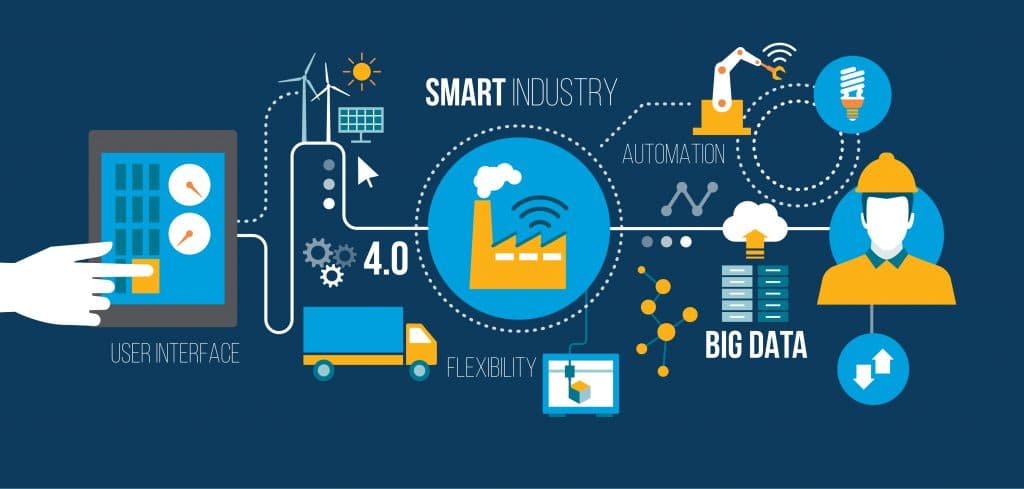10 Practical Benefits of ERP System for Textile Industries
1. Streamlines supply chain management
ERP Software is great to streamline, monitor, and manage the supply chain of textile manufacturing, especially if it targets global markets. Automation will significantly reduce the obstacles in production, distribution, and collaboration of all departments.
An ERP Manufacturing System such as Quanto helps companies to forecast the market needs based on historical data and prevent delayed shipment. Moreover, the full integration of these operations will enhance the efficiency of finance and save your time.
2. Improves collaboration and communication
It’s the nature that companies’ management would like to have all the departments work collaboratively. An ERP system for textile industries allows the companies to have a centralized communication. Other than automation, ERP software also acts as a communication platform where employees can share and retrieve data and information in real-time. Large-scale teamwork is not impossible.
3. Generates financial reports accurately
To help the textile industries with financial information, the system enables the management to create accounting reports automatically, accurately, in real-time. It can generate reports such as income, expenditure, debts, production cost, profit and loss, balance sheer, etc.
4. Reduce machine downtime
An ERP System is capable of optimizing machines’ performance and reduce its downtime. It allows the manager to get all the information about your assets and learn its conditions. Moreover, the system stores and monitor how long the machines have operated. It will show the data whether the machines are over capacity or the other way round.
In addition, ERP software also allows you to schedule asset maintenance. Thus, you can optimize the use of the machines’ lifetime period.
5. Increases sales
Purchases from past customers are most likely to dominate the sales of manufacturing. Therefore, the aspects that require strict observation is pricing, order quantity, and distribution. Thanks to ERP, the risks in those areas can be suppressed through sales forecasting and monitoring. It helps the management to organize the best strategies to improve sales.

6. Organizes customers easily
Salespersons can easily access information about their clients from everywhere automatically. The system will show their preference and selling stages of each client. Therefore, the management can target the right audiences for marketing campaigns and work on the right follow-up action.
7. Optimizes production
In fast-moving manufacturing such as textiles, optimization in production is a must. The management should be able to respond to the obstacles while proactively ensures the productions run smoothly.
ERP Software does not only provide features to overcome problems but also to innovate and optimize production. Those features help the staff to manage raw material availability, human resource effectiveness, and good quality. The system allows manufacturers to gain more with less effort.
8. Automates invoice generation and manage payment
ERPS system helps the management to get rid of manual repetitive administration tasks such as creating invoices. In the system, staff can print or send the invoices to customers automatically.
Also, the system will display the status of the invoices. The staff can receive a notification to do a follow-up action to the customers who have not paid their bills.
9. Simplifies purchasing and vendor management
The purchasing department can manage the vendors from their contact information, price lists, RFQ, and give them ratings based on their performance on the system. Purchasing management within internal departments is also simplified because the system arranges approval matrices online. It also converts purchase requests to purchase orders automatically.
These features prevent procurement from exceeding the approved budget. There is no chance left for fraud in the company.
10. Provides flexible accessibility
ERP system is a cloud-based system. It means that the system can be accessed from any device such as PCs, laptops, tablets, and smartphones. Real-time data access allows managers to monitor their business operations from everywhere at any time. With this flexibility, managers can act quickly whenever they sense trouble.
Conclusion
ERP System plays a great role to ensure textile industries’ sustainable success. It offers various modules and features that help a company stay competitive. The ideal ERP system for textile industries should have the flexibility to customize and deliver fast ROI.
10 Practical Benefits of ERP System for Textile Industries

0 Comments